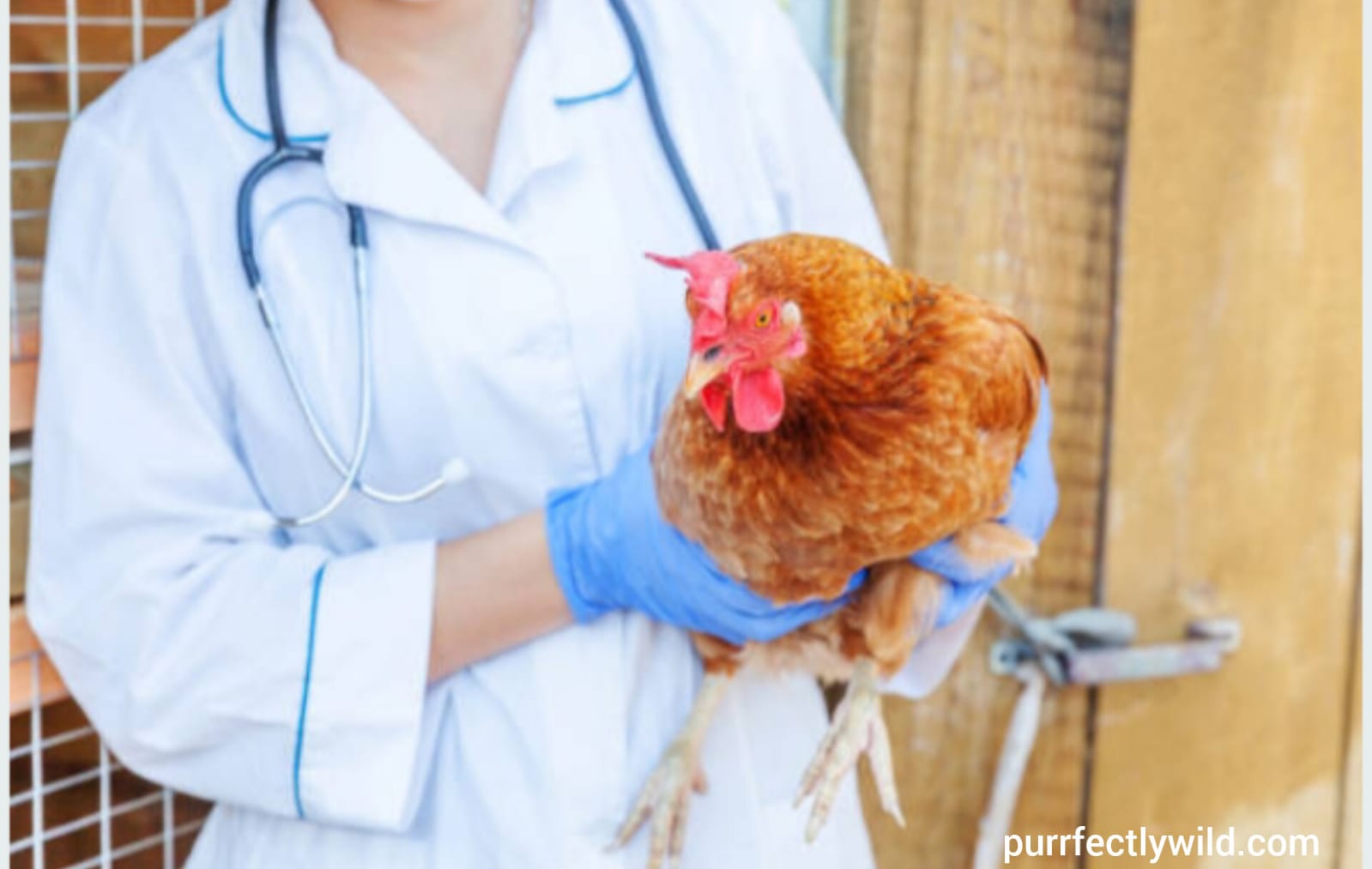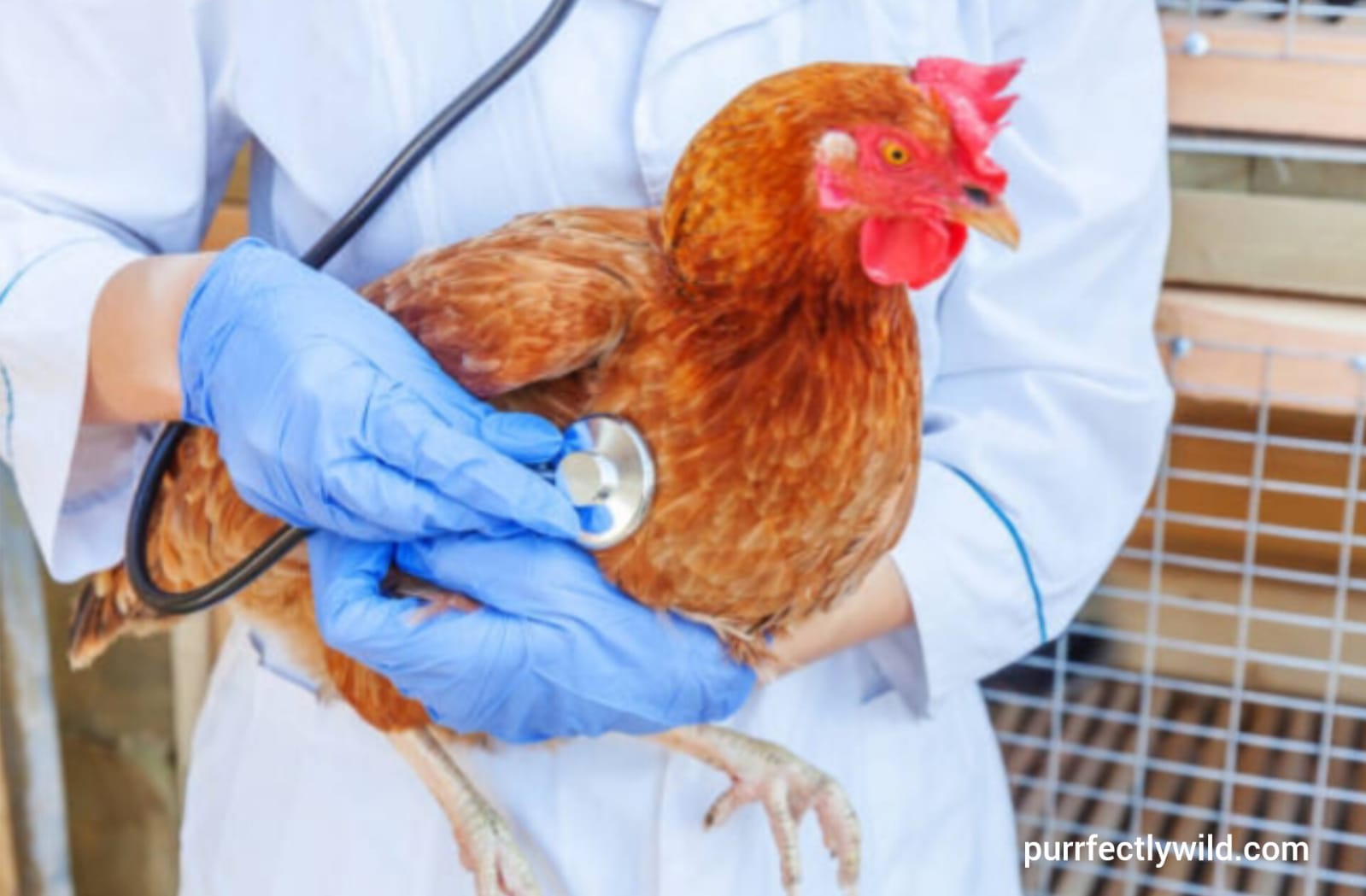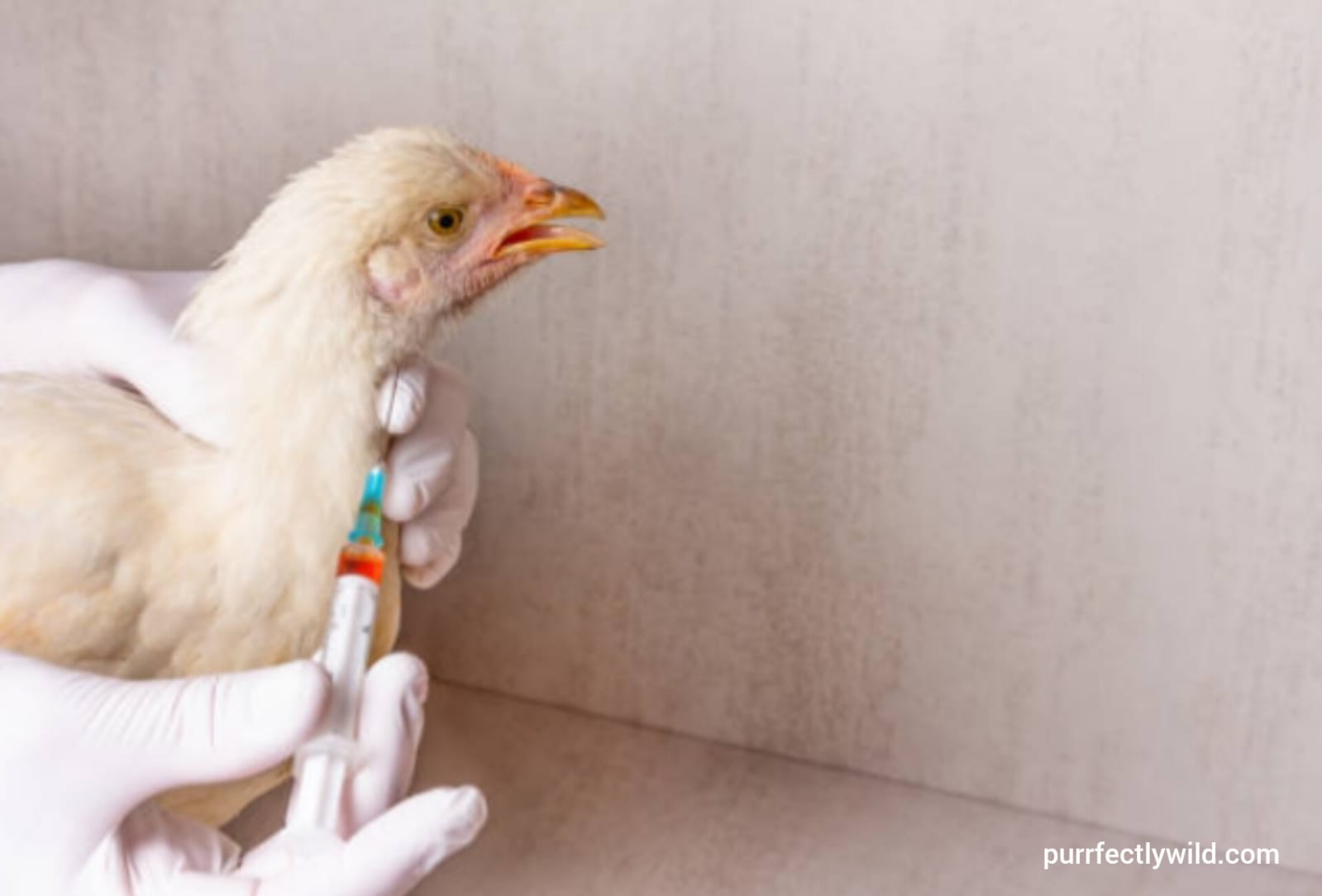How do you know if chickens are dying?
Throughout the long term I have been keeping chickens I have seen large numbers of the pass on. Some of the time it happens out of nowhere, some of the time they kick the bucket for the time being and you find them on the coop floor in the first part of the day and some of the time they disappear throughout the span of a couple of days.
Chickens that are going to kick the bucket start to act in particular ways. They frequently segregate themselves from the herd or decline to emerge from the coop and will wait around in a strange way. Passing on hens will typically have ruined vent feathers and most chickens will quit eating and drinking as they kick the bucket.
To read more like this click here

The signs or symptoms of a dying chickens are:
- Stood exceptionally still or lazy and moving gradually.
- Not eating or drinking.
- All lightened up.
- Slouched over, once in a while got back to a cockroach, or stood straight up.
- Stopped in any event, when contacted or moved.
- Neck reached out with trouble relaxing.
- Eyes shut or head tucked firmly under wing.
- Filthy, grimy or tangled feathers.
- Falling over or loosened up their ally.
- Yellow watery crap.
- Purple-ish brush. The brush will go blue or dim which shows a blood stream, lung or heart issue.
- Pale face that looks as though all the variety has been depleted.
- The chicken will rests a great deal, frequently steadying herself on her wings.

At the point when chickens are in this kind of condition you ought to consider having them made it lights-out time or euthanized at the vets.
What do chickens do when they are about to die?
Chickens act in one of three ways when they are going to bite the dust.
They spread on their side throwing out and fluttering. Passing on unexpectedly is an indication that the chicken has had a cardiovascular failure or stroke.
Once in a while, for the most part around evening time they simply tumble down dead totally stationary. Hens bite the dust for the time being for various reasons.
They delayed down and become more debilitated with time and elapse slowly.

Do chickens know when they are going to die?
Chickens in all actuality do appear to know when they are going to bite the dust. They remove themselves from the remainder of the group and frequently stow away in brambles or undergrowth.
For this reason you in some cases find a chicken concealed in a side of their run as opposed to move in the coop around evening time.
What do you take care of a withering chicken?
A perishing chicken will likely deny all food however should in any case be given water and in the event that it doesn’t decide to drink you can help with a dropper to give a couple of drops of warm water at a time.
You ought to never drive a wiped out or passing on chicken to eat as you might gag the bird coincidentally.
What amount of time does it require for a chicken to die ?
It regularly requires 24 to 48 hours for a chicken to pass on. It can happen all the more rapidly or delay longer contingent upon the explanation the chicken is biting the dust.
Chickens which kick the bucket unexpectedly around evening time appear to do as such shortly while they are laying down with minimal misery.
What do chickens usually die from?
The most widely recognized way chickens pass on is:
Predation. Being eaten by foxes, mink and different carnivores is presumably the greatest enemy of patio chickens.
Disease. Bacterial or viral diseases kill chickens without any problem.
Parasites. It is workable for chickens to be so stacked with interior or outside parasites that they pass on.
Advanced age. This one comes to every one of us.
Hereditary deformities and mutations. These ordinarily impact chickens from the get-go in life yet some possibly show when youthful hens start to lay eggs.
FAQs
1.How can you tell a chicken is dying?
2.What are the signs of an unhealthy backyard chicken?
- Sleepiness. …
- May have a ‘hunched up’ appearance, standing but looking uncomfortable.
- They have a dirty vent (under the tail)
- Their eyes are watery, or you notice discharge.
- Discharge or crusting around the beak or mouth.
- Foul smelling breath.
- Coughing or sneezing.
3.How can I help my dying chicken?
- Isolate the Sick Bird. The first thing you’ll want to do in your sick chicken treatment process is isolate the bird. …
- Keep Your Sick Chick Hydrated. …
- Encourage Healthy Eating. …
- Focus on Rest and Healing. …
- Plan for the Best and the Worst.


